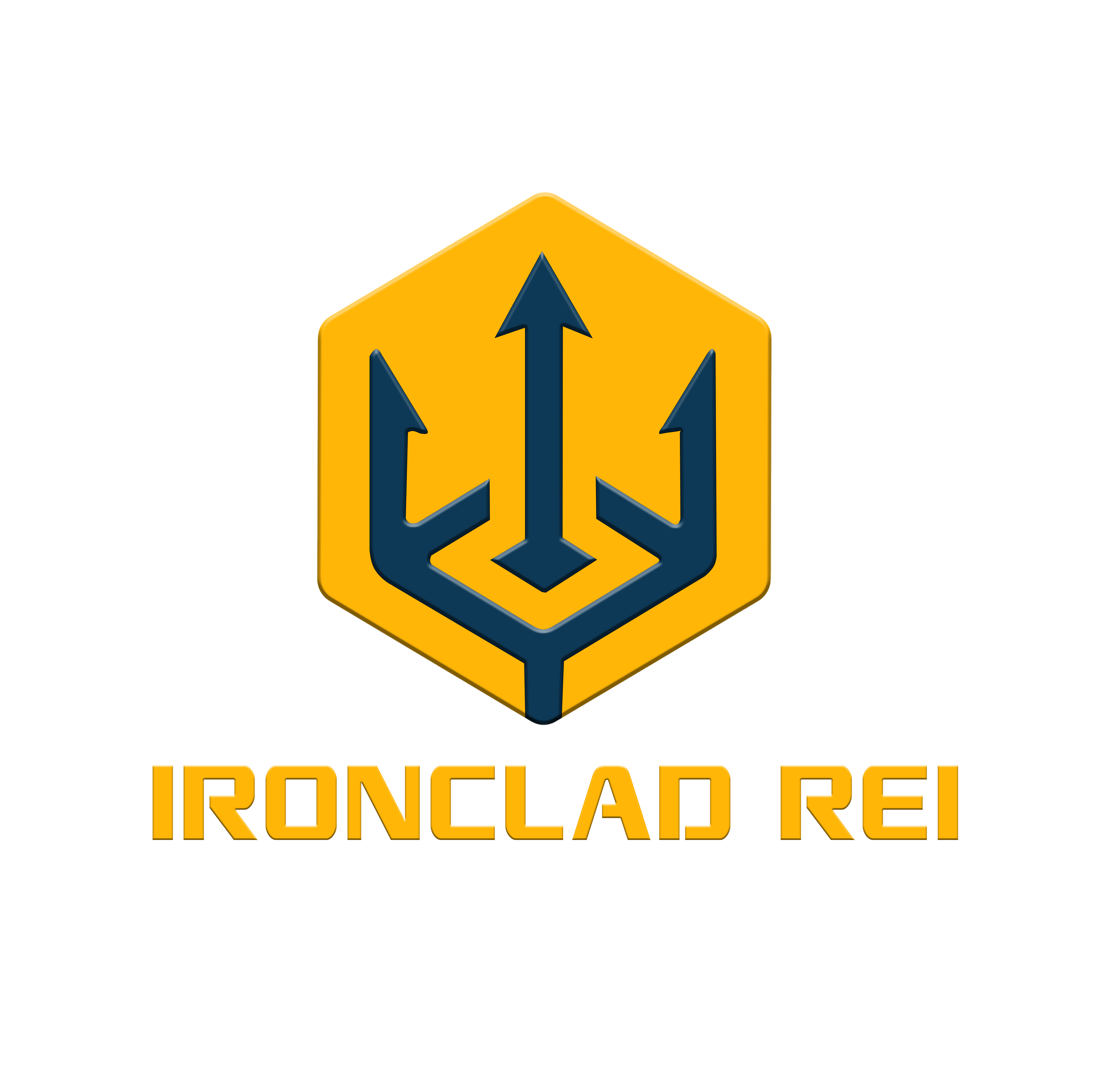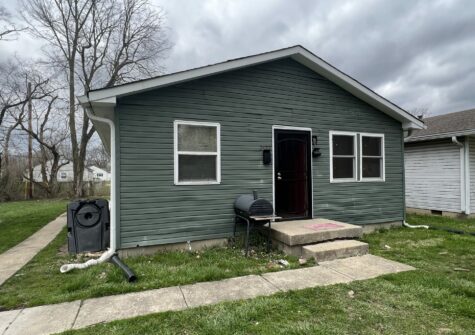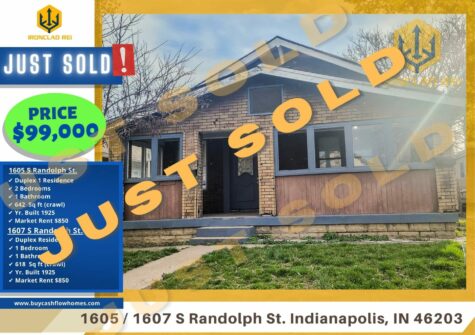One of the most fundamental parts of determining if a property is worth pursuing is a capitalization rate, also known simply as a cap rate. A cap rate is a simple equation which identifies how much profit or loss an investor can incur. It is important to note that this is not a guarantee, rather an estimation as no cap rates are 100%. Cap rates work best for rental properties instead of other other areas of purchase. The cap rate can also help an investor understand the amount of time it will take to recover the initial investment.
The equation for figuring out cap rates is (Net Operating Income / Current Market Value) X 100 = Capitalization Rate, but it only takes basic math skills to figure out the cap rate. To figure out the cap rate you only need to know the property’s net operating income and the amount it would cost to by the property. You need to be certain you have accurate figures in order to get a true answer to the equation.
- A cap rate is an excellent way to compare 2 rental properties to each other. Use this tool when comparing like properties.
- A cap rate is not as helpful to compare should I rent this property or buy and flip.
The lower the cap rate the lower the risk the property holds. Only take on the amount of risk you are comfortable with. For many a good cap rate is anything between 4% and 10%. Most people prefer to stay around the 4% mark.
The difference between a cap rate and a return on investment, ROI, is ROI uses percentages to analyze the loss or profit an investor may encounter. All investors need to be aware of both rate caps and ROI before making any investments if they wish to be successful.
Learn the fundamentals and learn how your property cap rate can affect your bottom line #Ironclad
Key Points:
- 1A cap rate compares operating income to the purchase price.
- 2A cap rate reveals the number of years to recover the initial investment.
- 3A cap rate is best used for multifamily rental properties, single-family rental homes and commercial real estate.
See the original at: https://www.fortunebuilders.com/cap-rate/




